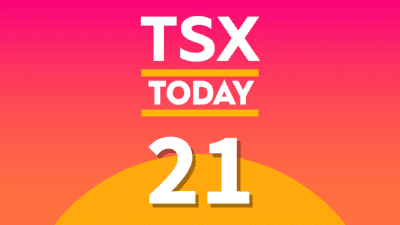Canadian parents have been struggling this year. Many parents are millennials, who have already had it tough. Millennials parents were born during a recession, then had to find a job during another recession. Now, with kids at home, you have another economic downturn. On top of that there’s a pandemic turning you into teacher, chef, maid, all while you’re trying to work from home.
But parents, the Canadian government has tried to be there for you. There are multiple benefits that could have already come your way. So make sure you’re receiving all that you’re eligible for!
The CCB benefit
The Canada Childcare Benefit (CCB) is deposited or sent by cheque on the 20th of every month. Based on your income, how many children you have, and the age of those children, the CRA calculates how much you can receive. But back in May, that number likely bumped up by $300 per child!
The goverment added $300 per child to each CCB payment on the May 20 payment for parents. Didn’t receive it? There’s a simple reason: you didn’t file your 2018 taxes. If you had a child in 2018 and then didn’t file a return, the government doesn’t know how much you’re making, and that you had a child. Sure, it’s 2020, but the government is using the 2018 return after pushing the filing and payment deadline for the 2019 return.
You can still file your returns, even if it’s years later. So make sure you do that immediately so you can claim your CCB, and potentially the extra $300 per child!
Ontario parents
A new benefit announced by the Ontario government will see another $200 per child issued just in time for the holidays. The government put aside $380 million to make these payments, acting as a relief for parents trying to now educate children at home. It’s put a strain mentally, physically and financially on parents.
What you do with those funds is entirely up to you, but if you’re able to put it aside for your children, an excellent option would be to invest it in a Registered Education Savings Plan (RESP). The benefit is that the government will provide a 20% addition to your investment up to a maximum of $500 per child per year.
How to invest?
If you were to take that $500 per child and invest it in an RESP, you don’t have to be risky. Your child has their whole life ahead of them, which means you can invest for the long term and still see huge returns. A great choice are banks stocks. Bank stocks essentially give you a diversified portfolio, as banks invest in a number of different businesses around the world. Plus, the Big Six Banks offer dividends you can use to reinvest in your RESP.
Let’s say you invested in a bank like Royal Bank of Canada (TSX:RY)(NYSE:RY). You have $500 from the government this year, and let’s say you have that $500 from maxing out your RESP contribution. That’s $1,000 you can invest in free government money, plus the extra $2,000 ($2,500 if you include the $500 from CCB and Ontario payments) you put in your RESP for a total of $3,000 in RESP investments.
If you were to leave that $3,000 for 20 years, you could have $17,543.50 with dividends reinvested and without adding another cent based on historical performance! But if you add to that every year, you suddenly have a fund that means your child could educate themselves pretty much any where in the world.









